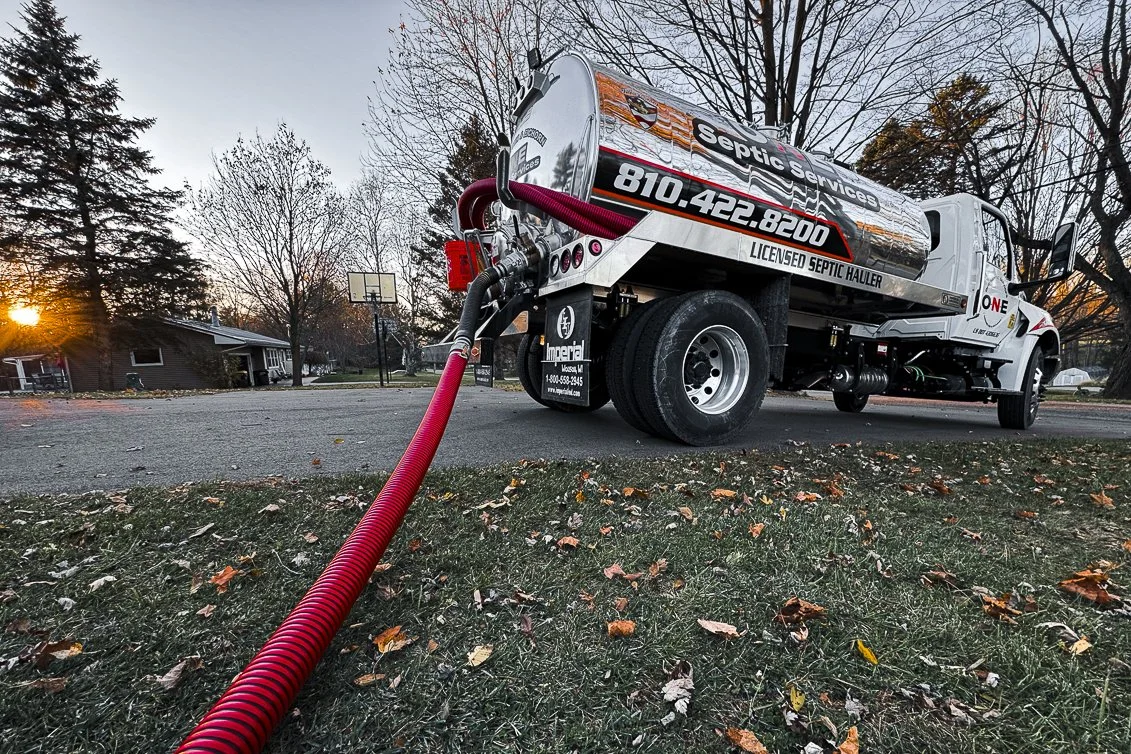Septic Tank Pumping: Key to Preventing Backups and Maintaining Your System
Why Do Septic Tanks Back Up? A Comprehensive Guide to Maintaining Your Septic System
Homeowners often underestimate the importance of a well-maintained septic system until they encounter the daunting issue of a backup. Understanding the root causes of septic tank backups, how to prevent them, and the correct maintenance terminology can save you considerable hassle and expense. Here’s an in-depth look at why septic tanks back up and how you can keep yours functioning optimally.
Septic Tank Pumping vs. Cleaning: Clarifying the Terms The terms septic tank pumping and septic tank cleaning are often used interchangeably, but they refer to a crucial maintenance routine. Both processes involve removing the sludge and buildup that can lead to system failure. During pumping, the liquid and floating solids are removed, while cleaning may involve a more thorough removal of residuals from the tank’s bottom. Regular maintenance checks, which should include these services, are vital to avoid the slow build-up that often causes unexpected backups.
Common Culprits Behind Septic System Clogs Several common household waste items are notoriously harmful to septic systems. Feminine hygiene products, baby wipes, thick toilet paper, and even certain types of thicker, quilted papers are designed not to break down quickly. When flushed, they accumulate in the septic tank and can clog the system, leading to backups and potential system failure. Educating everyone in your household about what should and should not go down the drains is crucial for maintaining a healthy septic system.
The Impact of Chemicals on Septic Health Harsh chemicals can disrupt the delicate biological balance inside your septic tank. This system relies on bacteria to break down organic waste naturally. Common household chemicals, such as bleach, antibacterial soaps, and even some types of laundry detergents, can kill these beneficial bacteria. Without these bacteria, the septic tank cannot efficiently process the waste, leading to sludge build-up and eventual backups.
How Regular Maintenance Prevents Backups Regular maintenance is the best way to prevent septic system disasters. This should include routine pumping and cleaning, as discussed, but also regular inspections of the tank and drainage field. Professional septic service providers can spot potential problems, such as leaks or line blockages, before they result in backups.
Signs That Your Septic Tank Needs Attention Knowing the early warning signs of septic system troubles can help you prevent them from escalating. Watch for unusually slow drains throughout the house, bad odors emanating from drains or the septic tank area, soggy ground around the septic system, or unusually lush vegetation near the drainage field. If you notice any of these signs, it’s time to call a professional.
The Role of Professional Septic Services While basic precautions can be managed by homeowners, professional septic services play an essential role in the long-term health and efficiency of your septic system. These experts bring the tools and knowledge necessary to perform thorough cleanings, handle emergencies, and ensure that your system complies with local health and safety regulations.
Conclusion: Protecting Your Septic System In conclusion, preventing septic tank backups is largely about regular maintenance and being mindful of what goes into your system. Use septic-safe products, avoid harsh chemicals, and schedule regular septic pumping and cleaning services. By taking these steps, you can extend the life of your septic system, avoid unpleasant backups, and ensure a clean, safe home environment.
By keeping informed and proactive about septic system maintenance, homeowners can avoid the pitfalls of neglect, ensuring their system remains effective and functional for years to come.

